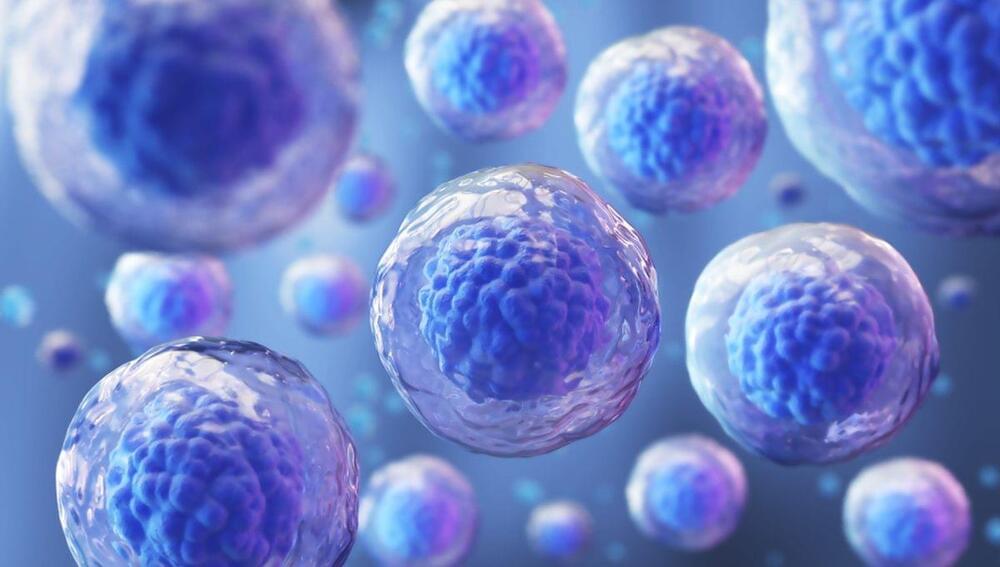Scientists have found a way to reprogram human cells so that they mimic the highly plastic embryonic stem cells that have so much promise for use in regenerative medicine. By essentially wiping the cell’s “memory”, the team have created so-called induced pluripotent stem (iPS) cells, which could be used to regenerate or repair diseased tissue and organs.
IPS cells are a type of pluripotent cell that can be obtained by reprogramming mature human adult cells (“somatic” cells) into an embryonic stem cell-like state. This means that they have the capacity to differentiate into any cell of the body. They were first demonstrated in 2006, and have myriad potential biomedical and therapeutic uses, including disease modeling, drug screening, and cell-based therapies.
Despite this promise, researchers have continually hit a stumbling block that has prevented iPS cells from realizing their potential. “A persistent problem with the conventional reprograming process is that iPS cells can retain an epigenetic memory of their original somatic state, as well as other epigenetic abnormalities,” Professor Ryan Lister, lead author of a paper presenting the latest breakthrough, said in a statement.
